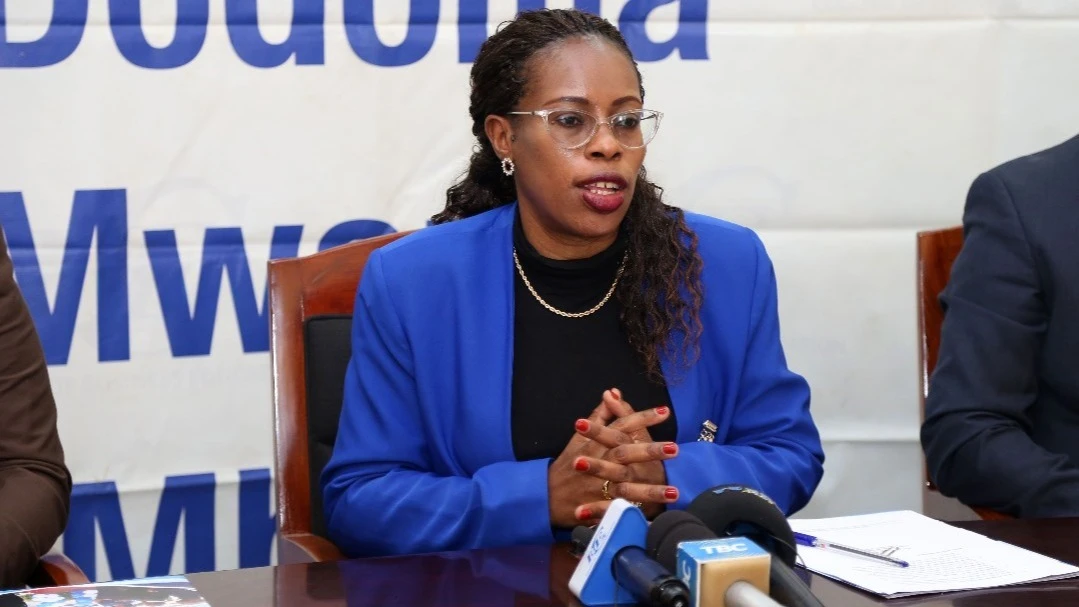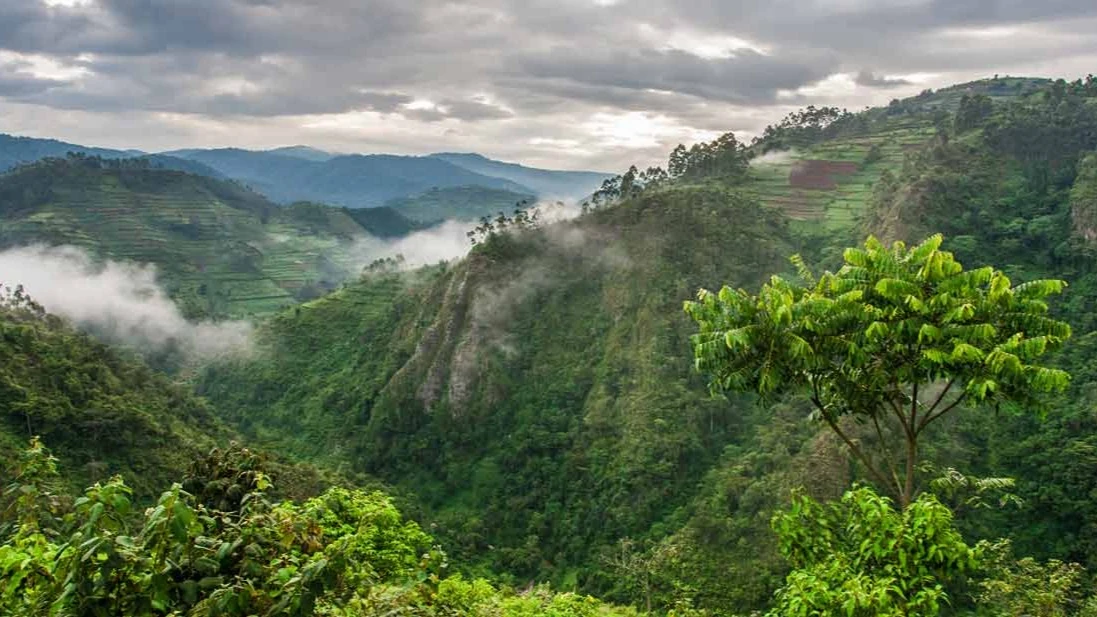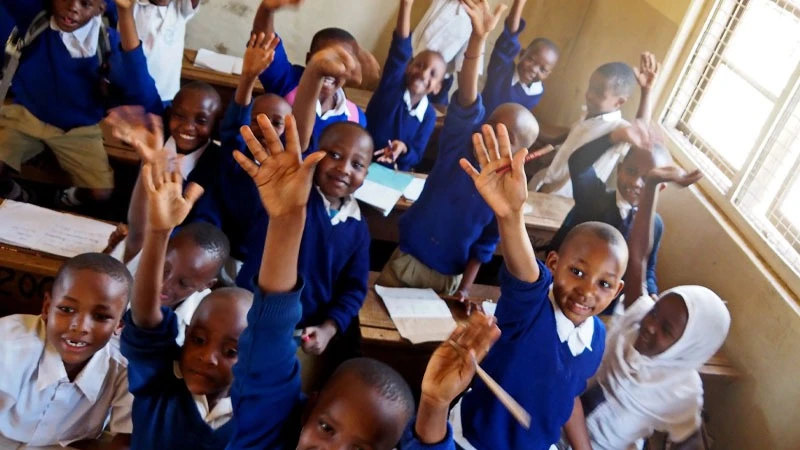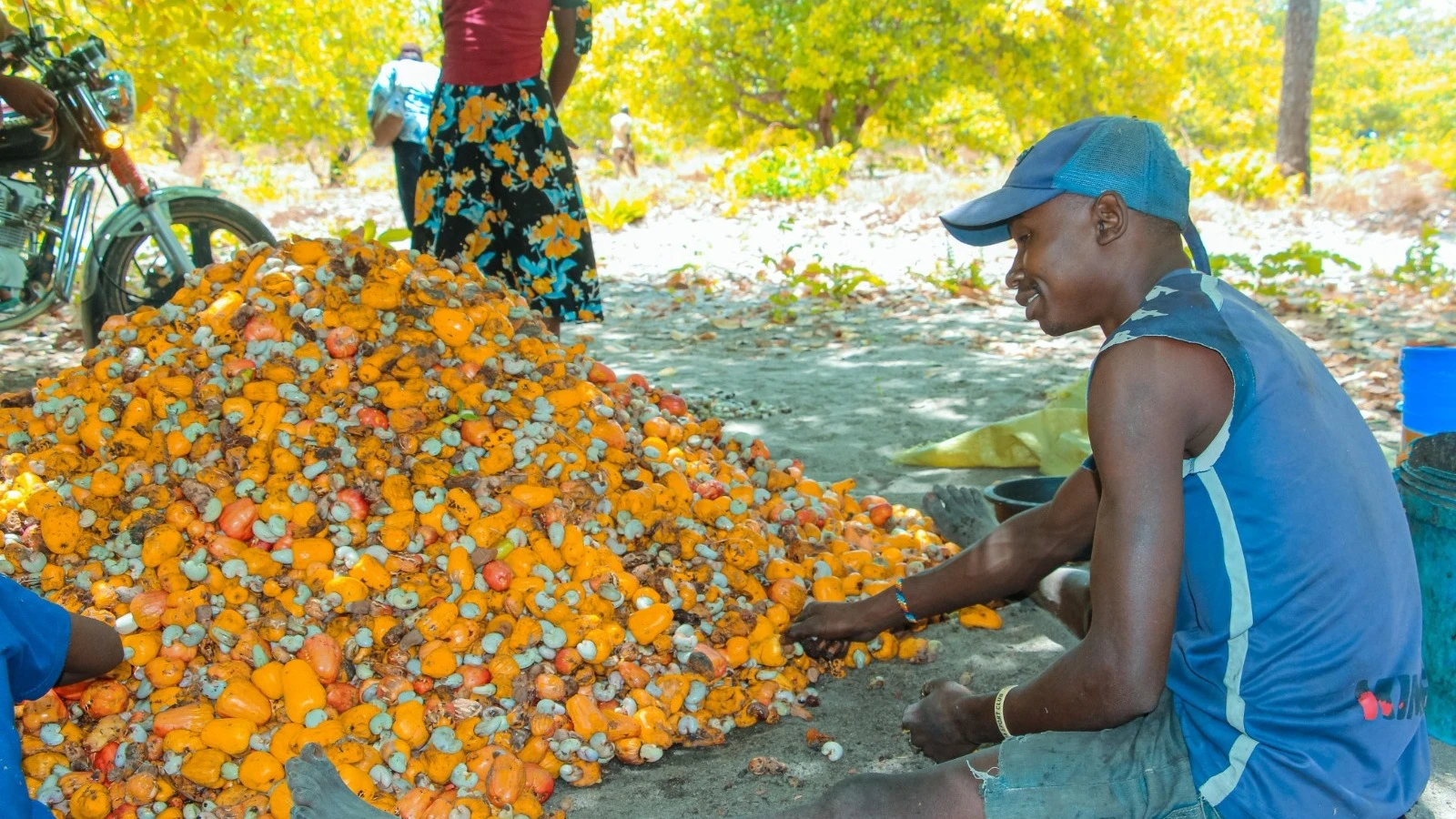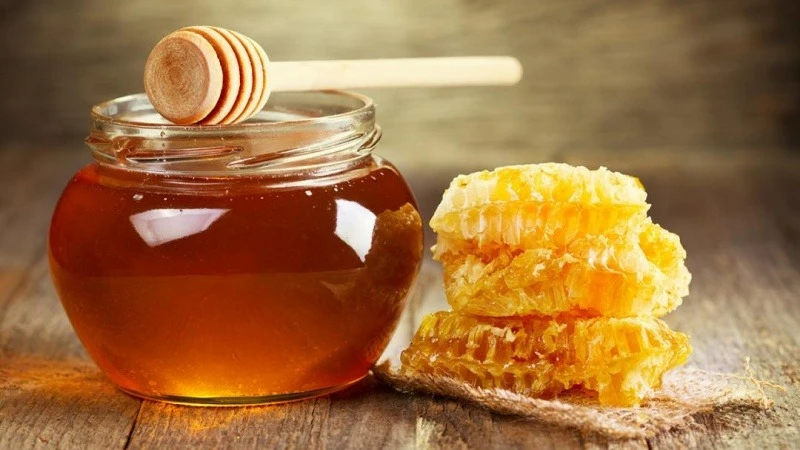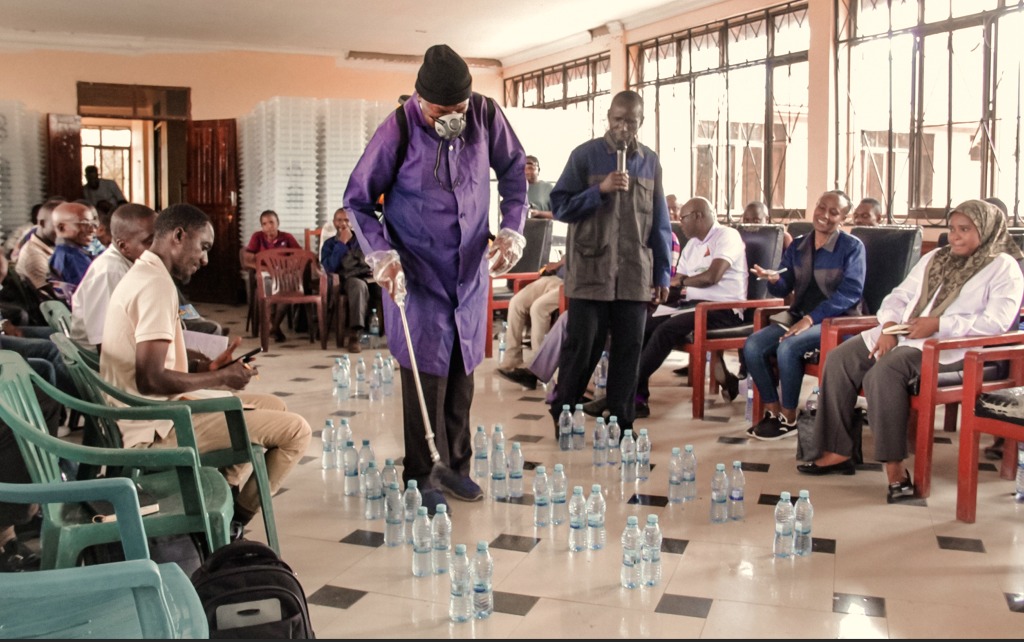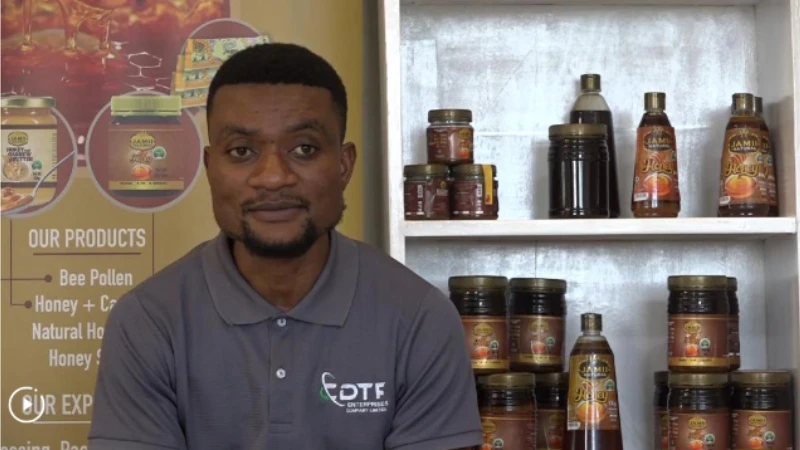‘Stressed women turning to drugs’
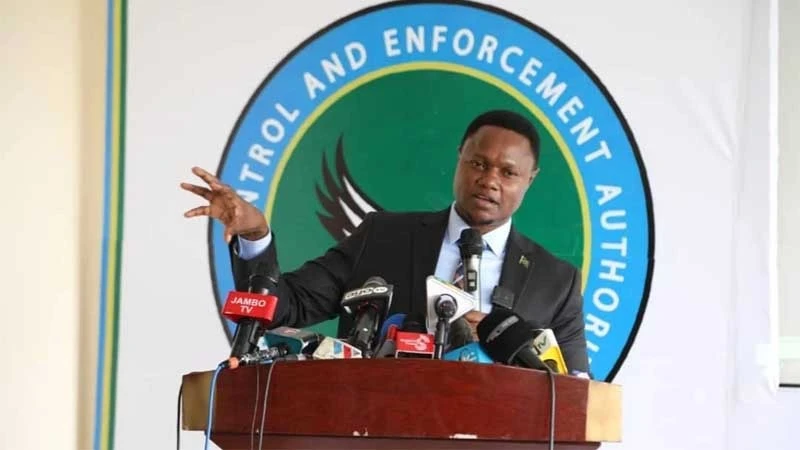
ANTI-DRUGS enforcers have reported seizing 687.32 kilogrammes of skunk and one kilogramme of hashish in Dar es Salaam city’s Goba suburb over the past month. The drug was hidden inside a suspect’s house.
Investigators have meanwhile said that a large number of people using the particular drug are women.
Aretas Lyimo, the Drug Control and Enforcement Agency (DCEA) commissioner general, said at a press conference in Dar es Salaam yesterday that the primary reasons are stress, relationship issues and the search for personal enjoyment.
He described skunk as a highly potent strain of cannabis with particularly high levels of Tetrahydrocannabinol (THC), the principal psychoactive constituent of cannabis, adding that the drug contains high levels of toxins that can cause serious health problems.
Lyimo explained that hashish is made from a mixture of cannabis flowers and seed oil and when smoked it releases harmful chemicals that can lead to igniting mental health issues.
He added that enforcers at the Julius Nyerere International Airport (JNIA) in Dar es Salaam seized 120 millilitres of codeine-based medication that was being illegally transported abroad.
There was another substantial haul, an additional 327 millilitres found at a suspect’s home in the Tabata Kinyerezi area, he said, noting that these drugs were brought into the country illegally, disguised with fake labels as dog and cat shampoo to avoid detection.
In Dodoma Region, two suspects, Suleiman Mbaruku Suleiman alias Nyanda (52) and Kimwaga Msobi Lazaro (37), both residents of Kinyali Street in Viwandani ward, were arrested with 393 grammes of heroin.
“Nyanda is a key figure in the drug trade in the region and had been under surveillance for some time. Many addicts at the Itega rehabilitation centre, which treats people with addictions, were influenced by him and the drugs he supplied,” he stated.
Overall, law enforcers seized 303.553 kilogrammes of cannabis, 103.8 grammes of heroin and 63 kilogrammes of khat in various locations, similarly noticing that some shisha vendors were mixing shisha with drugs without their customers' knowledge.
He explained this tendency as sale boosting methods, where research and samples have shown that some business owners are violating the country’s laws. “We intend to regulate the sale of shisha,” the commissioner declared.
When questioned, convicted drug dealers affirmed that women were their primary market, while research conducted in beauty salons and among groups of female users found that skunk was often used to relieve stress, but sometimes it led to addiction.
“Women, particularly those facing life's challenges and betrayal in relationships, have turned to this drug as a solution. This shift occurred after heroin became less available in the country due to increased enforcement measures,” he said.
Heroin has become less available, and what remains is often mixed with substances like maize flour and seeds, which reduces its effectiveness. As a result, many users have turned to skunk, he elaborated.
Despite ongoing controls, there has been a rise in the use of pharmaceutical drugs with narcotic properties, typically prescribed to cancer patients or those in severe pain, as substitutes for illegal drugs.
However, the government has placed strict regulations to control the sale of the drugs in pharmacies, aiming to curb the rise in addiction, even as the law enforcers seized 1,006.105 kilogrammes of drugs, 447 millilitres of addictive prescription drugs, destroyed 157.4 acres of cannabis farms, confiscated 19,804 litres of precursor chemicals, while arresting 58 suspects.
Challenges faced by DCEA in its operations include numerous porous border points which unscrupulous individuals exploit to smuggle drugs, he explained, highlighting that corruption and drug trafficking are closely linked.
“We have entered into an agreement with the Prevention and Combating of Corruption Bureau (PCCB) to collaborate in tackling this issue,” he said, pointing at instances where cannabis or khat plantations are found in areas where local government officials are present.
“And you have to wonder, how did they not notice this? And at border points, how are drugs being smuggled through cargo vehicles when customs officers are on duty?” he queried.
Top Headlines
© 2024 IPPMEDIA.COM. ALL RIGHTS RESERVED








